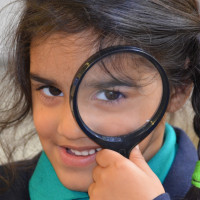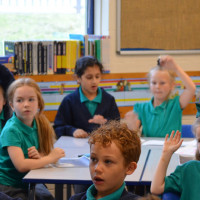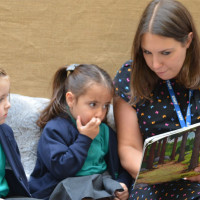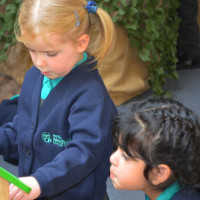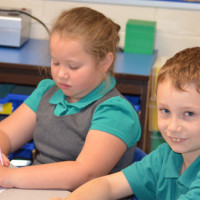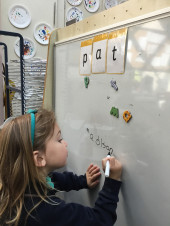Writing
Intent
It is our intent that all children can confidently communicate their knowledge, ideas, and emotions through writing. The curriculum develops pupils’ competence in both transcription (spelling and handwriting) and composition (articulating ideas and structuring them in speech and writing). Pupils learn how to plan, revise and evaluate their writing effectively. The development of pupils’ composition skills will ensure they can form, articulate and communicate ideas, organise them coherently for a reader, show an awareness of the audience, purpose and context, and use increasingly varied and more complex vocabulary and grammar. We aim to encourage pupils to develop fluent, legible and, eventually, speedy handwriting.
Implementation
Transcription: Spelling
The foundation for spelling begins with phonics taught from Nursery to end of Year 1. Little Wandle Letters and Sounds Revised 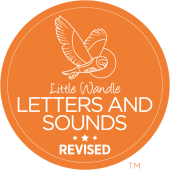 progression is systematically taught to ensure children build on their growing knowledge of the alphabetic code, mastering phonics to read and spell as they move through school. Daily 30 mins phonics lessons are taught in Reception and Year 1.
progression is systematically taught to ensure children build on their growing knowledge of the alphabetic code, mastering phonics to read and spell as they move through school. Daily 30 mins phonics lessons are taught in Reception and Year 1.
Herts for Learning Essential Spelling is introduced in Year 2 once children have passed the Year 1 phonics screening. Daily 20 mins spelling lessons are taught through to Year 6.
Transcription: Handwriting
Handwriting is taught using WriteWell handwriting scheme that guides children from their first steps in mark making to the development of clear, confident and speedy joined handwriting that can be adapted for a range of purposes. It is taught daily in Phase 1 (Reception to Year 2) and twice weekly in Phase 2 (Year 3 and 4) and Phase 3 (Year 5 and 6).
Composition: Talk for Writing
Writing composition is taught following the Talk for Writing pedagogy of imitation, innovation and independent application. Imitation – where pupils learn and internalise texts to identify transferable ideas and structures. Innovation – where pupils use these ideas and structures to co-construct new versions with their teachers. Independent application – where pupils create original texts independently. These tasks aim to improve writing ability by giving pupils an understanding of the structure and elements of written language.
We use direct instruction to teach a wide range of vocabulary across the curriculum using a select, explain, explore and consolidate approach in every lesson. Word rich classrooms with expert modelling of vocabulary by teachers further develops the choice of words children use in their writing.
Planned opportunities for children to apply their writing skills, especially non-fiction, are interleaved through the wider curriculum.
Oracy:
Children are given a wide range of opportunities to use and develop their speaking and listening skills. In EYFS we provide a balance of child led and adult led experiences for all children that meet the curriculum expectations for communication and language and literacy. These include: sharing high quality stories and poems, learning a range of nursery rhymes and action rhymes, activities that develop focus listening and attention including oral blending. This is built upon in subsequent year groups through opportunities for drama, speaking publicly, presenting work, debating, and taking part in Philosophy for Children (P4C) lessons.
Impact:
Children will make at least good progress from their starting points. They will be equipped with a strong command of the written word and utilise a wide vocabulary as well as an understanding of grammar and knowledge of a variety of language features and text structures. Children will write clearly, accurately and coherently, adapting their language and style in and for a range of contexts, purposes and audiences.

